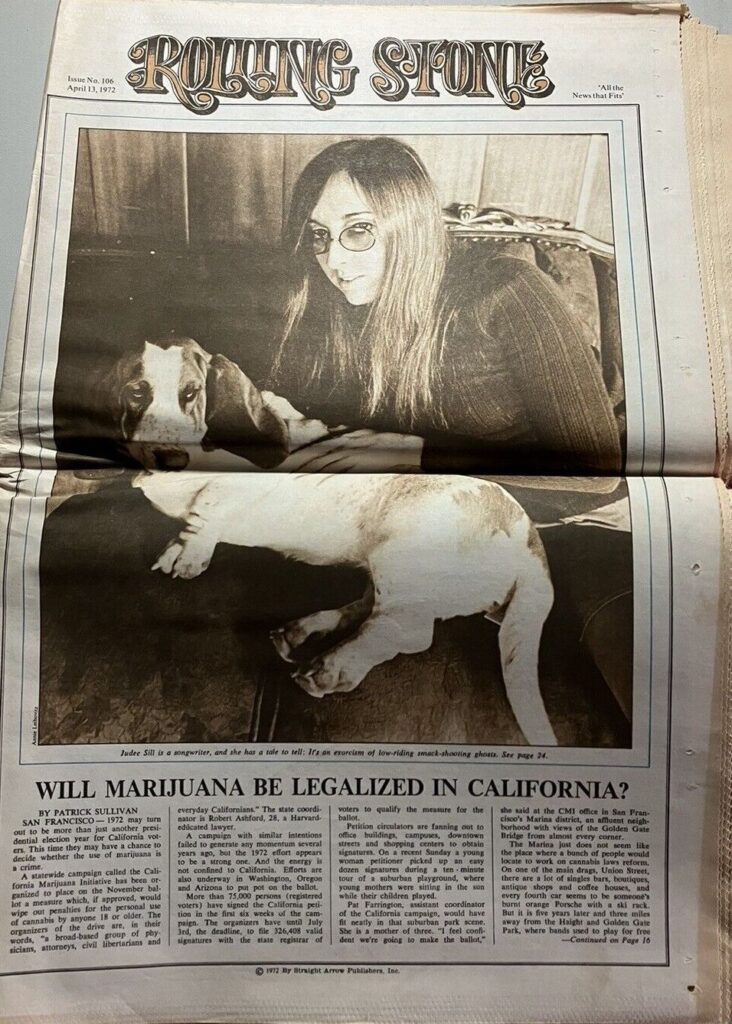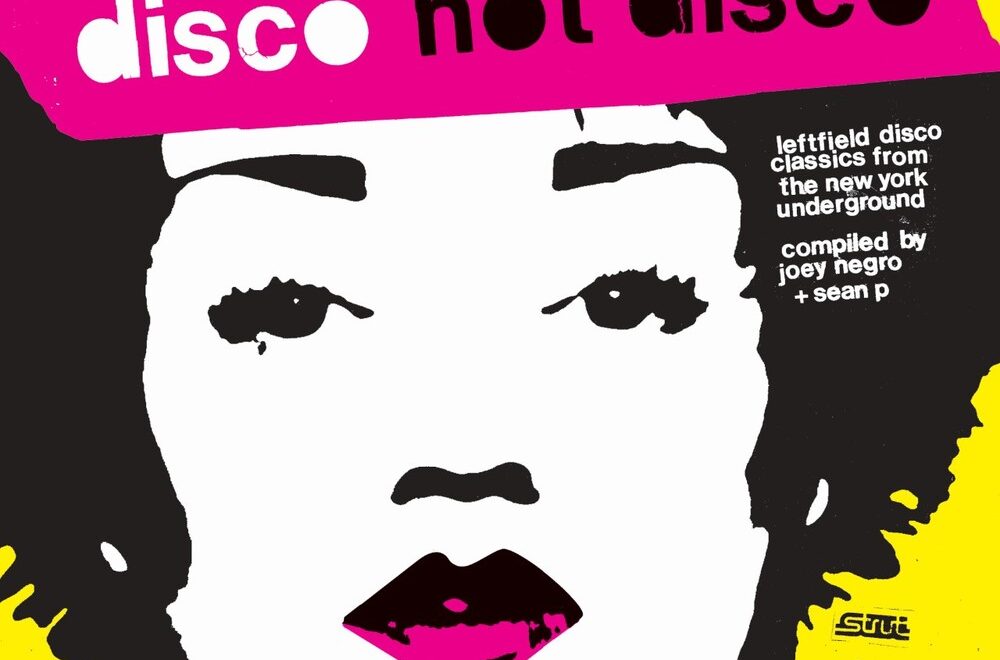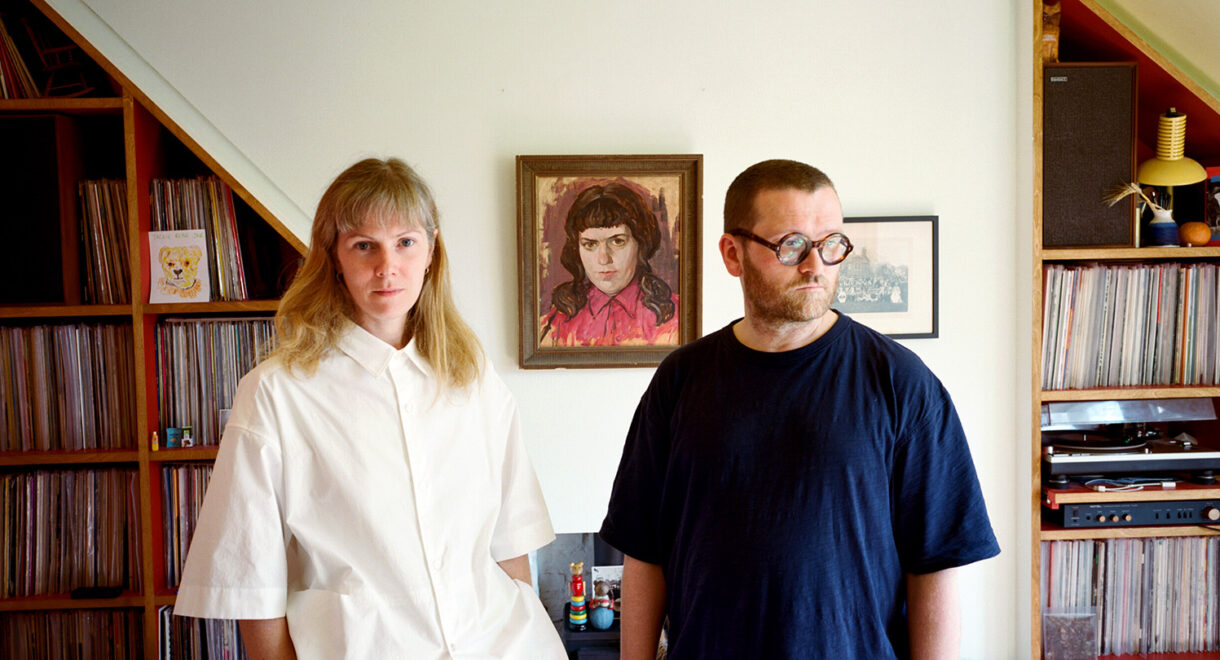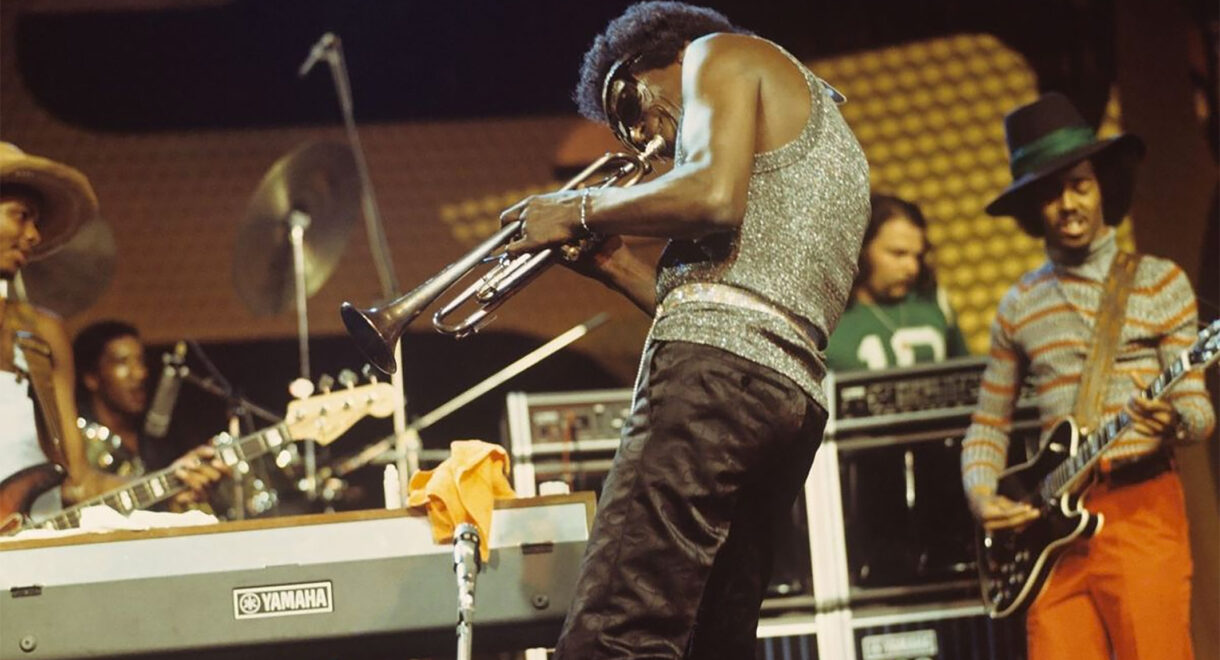Jessica Pratt’s ‘Here In The Pitch’ is out today! Listen to our pick for album of the year… The Los Angeles musician Jessica Pratt spent three years composing […]
On Judee Sill’s Heart Food: A ‘Country Cult Baroque’ classic, and perfect autumn record

It’s sweater season in much of the country. The leaves have turned. The mice are coming in from the cold. Fire in the fireplace. Coffee steaming. Melancholia. Blankets. Acoustic guitars. Folk music.
There are albums suited for this season. When you find one that warms you, it can make the difference between feeling solace or desperation. The great Judee Sill described a sensation similar to finding that record in her song “The Kiss”:
Once a crystal choir appeared
While I was sleeping and called my name
And when they came down nearer, saying, “Dying is done,”
Then a new song was sung until somewhere we breathed as one.
“The Kiss” is among the most deeply rendered songs about love in our collection. It’s from 1972’s Heart Food.
Sill, in fact, lingered on the slumber-music metaphor in her breathtaking song “The Donor,” also from Heart Food.
Songs from so deep
While I’m sleeping, seep in
Sweeping over me
Still the echo’s aching, “Leave us not forsaken.”
The artist, who died of an overdose in 1979 after years of battling heroin addiction, once called her musical style “country cult baroque,” and if you’ve ever heard “The Donor” in full, you know that to be a perfect description. Sill’s mission, she said elsewhere, was pretty basic, and incredibly noble: “I want to inspire people. Uplift them without even knowing it.”
She did so by digging deeply into her own psyche — which was filled with dark memories of childhood abuse, addiction, poverty, sex work, and homelessness — and transforming her experiences into beauty. She understood music’s power because she experienced it. “It saved me, this song,” she said while introducing “Jesus Was a Cross Maker” during a 1971 concert in Boston. “It was writing this song or suicide, you know?”
“I love people who are honest about their misery, who don’t try to be slick when they’re really uncomfortable and awkward. It’s a nobility I really love,” Sill told Rolling Stone in a 1972 cover story. “Heroin, man, my advice is to avoid it at all costs. It can have eternal, astral consequences, too.” For a time, she recalled in another interview, Sill “lived in a Cadillac with five other people, sleeping in shifts.”
Heart Food was her second album for Asylum Records. The first signing to the David Geffen-founded company, Sill wrote and arranged the entirety of the record, and did so minus formal training. She made up for it with an inventiveness and the power of an LA studio band that featured guitarist Chris Etheridge (International Submarine Band, Flying Burrito Bros.), pedal steel legend Buddy Emmons (Linda Ronstadt, Gram Parsons, the Carpenters), keyboardist Spooner Oldham (Bob Dylan, Cat Power, Aretha Franklin), and banjo player Doug Dillard (the Dillards, Dillard & Clark). Heart Food was produced by Henry Lewy, who also produced Joni Mitchell’s classic 1970s albums, including Blue.
Though the Laurel Canyon scene was thriving when Sill was working and living in North Hollywood, her situation was a world away from the monied communal gatherings occurring on the other side of the 101.

“For three years I had a $150 a day habit, and that’s pretty hard to come up with when you’re living on the streets,” Sill told Rolling Stone. “I saw what I’d do for it; there was no limit. And I did it with gusto because I wanted to escape my torment and misery.”
If you’ve got “The Donor” queued up, now’s the time to play it, because doing so may illuminate both the depths of Sill’s situation and her artistic solution. “I had three months of incarceration while I was kicking, and sometimes it seemed to be a fight against insurmountable odds,” Sill said. “But then I figured if I could maintain that kind of habit that long, then the willpower I’d need to kick it would be a cinch.”
Tragically, she relapsed before she could finish a third album — she’d been dropped by Asylum due to poor sales — and, after suffering a car accident and an abusive relationship, died a half-decade later. In the decades since, Sill’s two albums have become essential works, and their status grows with each passing year.
Last year at about this time the documentary “Lost Angel: The Genius of Judee Sill,” premiered at the DOC NYC film festival. Though it’s not yet available on streaming services, the music tells a lot of the story.
Feel like going on an autumn bender? This afternoon at In Sheep’s Clothing NYC (or in the comfort of your home), our weekly dedicated listening session will be devoted to essential folk-rock albums from our collection. During that time, we’ll absorb at proper volume album sides from these records:
David Crosby – If I Could Only Remember My Name
Karen Beth – The Joys of Life
Ben Watt – North Marine Drive
Joni Mitchell – Blue
Judee Sill – Heart Food
Pentangle – Basket of Light
Ted Lucas – Ted Lucas
Emmanuelle Perrenin – Maison Rose
In Sheep’s Clothing NYC’s Dedicated Listening Session: Autumn Folk
Where: 350 Hudson St (enter on King), New York City
When: Monday, Nov. 20, 2-5 pm EST










